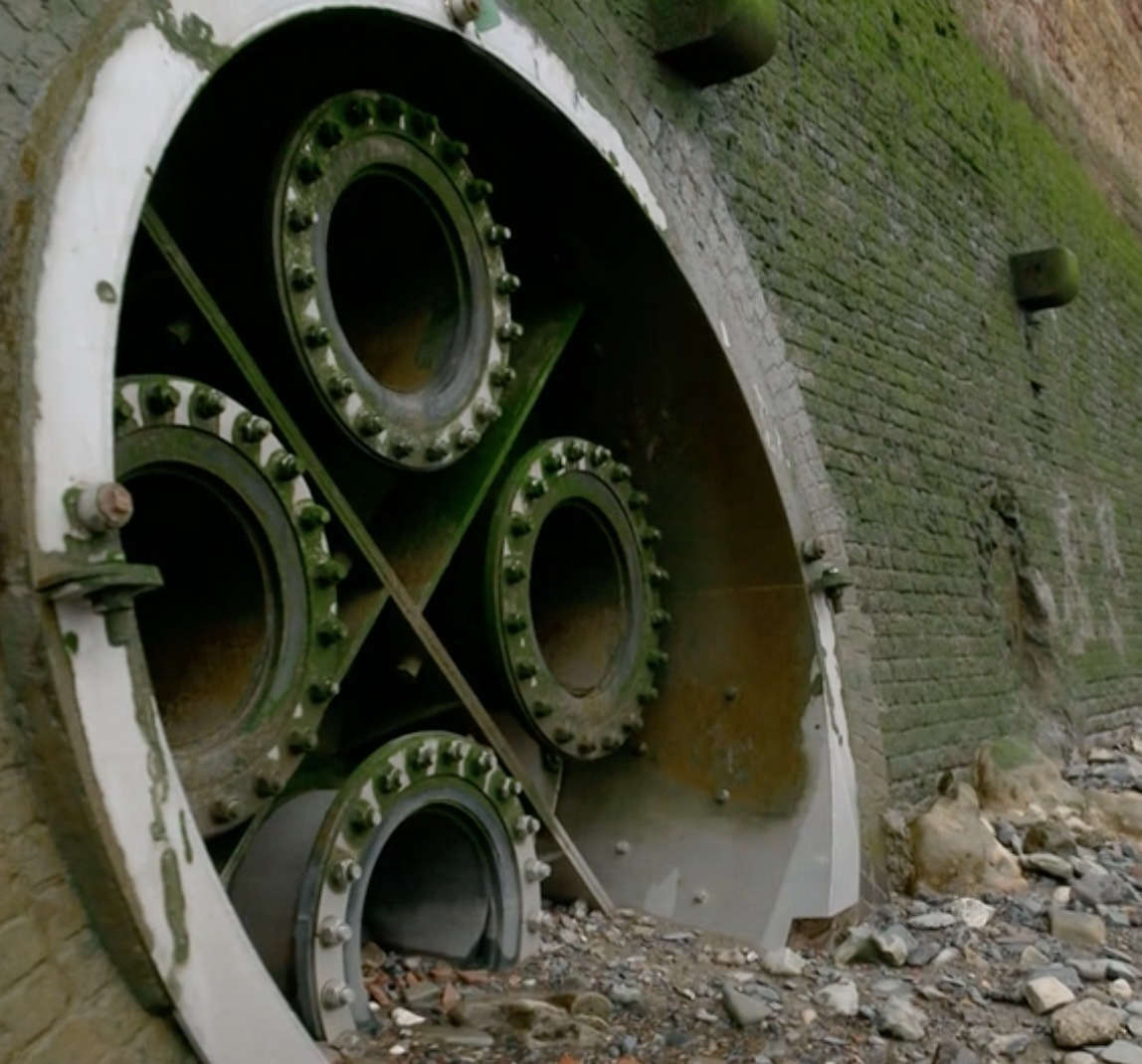
Councillors throw out "monolithic blocks"
Major plans for student and co-living blocks at Exeter’s former Heavitree Road police station have been rejected.
The city council’s planning committee threw out the application on Monday [20 February] after criticism of what one councillor described as two “monolithic blocks” that would have been built opposite St Luke’s Campus.
The plans had been altered after members said they were ‘minded to refuse’ a previous version in October, with the total number of rooms cut by 80 to 955. Both buildings were also reduced in height and the blocks set back further from the road.
But despite planning officers again recommending approval, calling it a “high quality design,” most councillors remained unimpressed.
The plans, submitted by the police and crime commissioner’s office and their chosen developer Student Roost, would have replaced the former police and magistrates court buildings next to Waitrose.
Further changes to their design had also been made in a bid to appease councillors, including the co-living room sizes being redesigned and increased, while a communal courtyard had been redesigned as a single large courtyard.
Planning officers said in their report: “The design of the development in terms of its height, scale and massing is acceptable and provides the right balance between making the most of this brownfield site in a highly sustainable location and achieving a design that is appropriate for its context.”
Exeter’s director of city development Ian Collinson also defended the scheme, explaining how it had changed “so much” over various design reviews and through conversations with city planning officers.
“We need these homes,” he said. “There’s nearly a thousand being proposed here and every single one of those homes has been designed specifically for students and for young professionals by experienced people who’ve done this in many other towns and cities.”
However, local councillor Matthew Vizard (Labour, Newtown & St Leonards) objected: “Once again, it is a great pity that what is still proposed are two monolithic blocks. Monotonous in design, out of all proportion and scale and massing; little outside amenity for residents.”
He added: “Residents understand the need for housing and that this site will be developed. But, believe me, they are desperately worried about this.”
Concerns were also raised by Cllr Vizard about the loss of many trees, the development’s impact on neighbouring Higher Summerlands and St Matthews Close, and how it would “clash uncomfortably” with the St Luke’s Campus site.
“It’s still too big, too dominant and too harmful to the area,” he concluded.
Speaking as a member of the public, local doctor and Green Party campaigner Andy Ketchin called the application “hideous, a carbuncle, a modern day slum [and] a monument to greed.”
“This development should be finally refused today on the basis that so little has changed that it is essentially the same proposal as September’s,” he said, claiming it contravened various local planning policies.
Conservative group leader Anne Jobson (St Loyes) was also unhappy with the plan, criticising in particular how some of the rooms would not receive direct sunlight.
She added: “On one side at least, you have a long corridor with rooms off either side. That’s not a home, that’s a unit of accommodation … It’s not good design. It is not going to be good for people’s welfare and wellbeing and we all know how important open space was during the pandemic.”
But Labour councillor Zion Lights (Pennsylvania) spoke in favour, saying there was a desperate need for housing in the city – a problem that was affecting her own family.
“If you own your own house and you have a garden and lots of sunlight, that’s great, you are very fortunate. But there is a generational divide here where my generation and people younger than me cannot find places to live.”
She warned the committee that turning down the application was instead “pretty much voting” for houses of multiple of occupation because “students need somewhere to live.”
Cllr Lights said she wasn’t criticising students, but explained that purpose-built accommodation helps free up residential housing for families.
“If you turn this application down – 646 units for students – how many houses is that? How many family homes disappear in residential areas because the students need somewhere to live?”
Fellow Labour member Rachel Sutton also voted in favour. “I don’t think this is perfect but I do think it is going to make a positive contribution and it is going to help.”
However, chair of the planning committee Emma Morse (Labour, Mincinglake & Whipton) said that while she was not against co-living, she did take issue with the design of the application and voted against.
“This is two years’ worth of negotiations and they’re still looking for something that I believe is overbearing and not in-keeping with the area.”
The committee refused the application by a margin of nine votes to four, meaning the applicant will need to go back to the drawing board or consider whether to appeal the decision.
 North Molton storm overflows halved
North Molton storm overflows halved
 Exmoor Coaster service coming back under different name
Exmoor Coaster service coming back under different name
 Bodmin Moor fires are suspicious
Bodmin Moor fires are suspicious
 Storm overflow prevention work set for Plymouth
Storm overflow prevention work set for Plymouth
 Help needed to find Exminster pensioner
Help needed to find Exminster pensioner
 City lose at home again
City lose at home again
